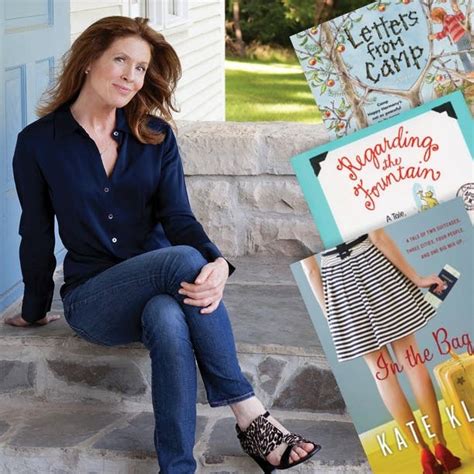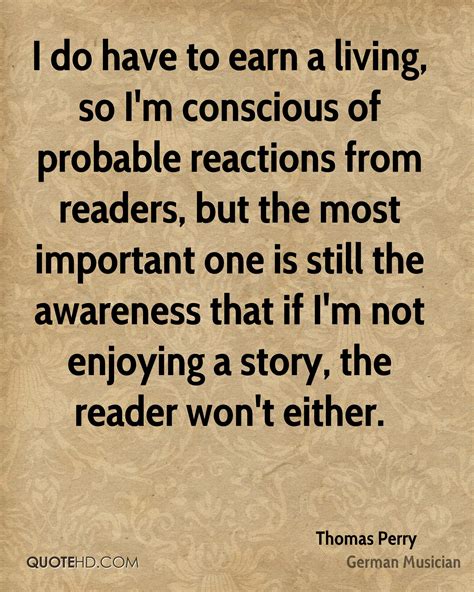A Quote by Jorge Luis Borges
Reality is not always probable, or likely. But if you're writing a story, you have to make it as plausible as you can, because if not, the reader's imagination will reject it.
Related Quotes
Long fiction is wonderful and you can lose yourself in it as a reader and as a writer, but short stories don't allow the same kind of immersion. Often the best stories hold you back and make you witness them. This may be one of the reasons some people reject the form. That and the fact that they are harder work to read. A story will not let you get comfortable and settle in. It is like a stool that is so small that you must always be aware of sitting.
After we have thought out everything carefully in advance and have sought and found without prejudice the most plausible plan, we must not be ready to abandon it at the slightest provocation. should this certainty be lacking, we must tell ourselves that nothing is accomplished in warfare without daring; that the nature of war certainly does not let us see at all times where we are going; that what is probable will always be probable though at the moment it may not seem so; and finally, that we cannot be readily ruined by a single error, if we have made reasonable preparations.
It's insane to be a writer and not be a reader. When I'm writing I'm more likely to be reading four or five books at once, just in bits and pieces rather than subjecting myself to a really brilliant book and thinking, "Well what's the point of me writing anything?" I'm more likely to read a book through when I take a break from writing.
The most difficult part of writing a book is not devising a plot which will captivate the reader. It's not developing characters the reader will have strong feelings for or against. It is not finding a setting which will take the reader to a place he or she as never been. It is not the research, whether in fiction or non-fiction. The most difficult task facing a writer is to find the voice in which to tell the story.
The thing to remember when you're writing," he said, " is, it's not whether or not what you put on paper is true. It's whether it wakes a truth in your reader. I don't care what literary device you might use, or belief systems you tap into--if you can make a story true for the reader, if you can give them a glimpse into another way of seeing the world, or another way that they can cope with their problems, then that story is a succes.
A man who tells secrets or stories must think of who is hearing or reading, for a story has as many versions as it has readers. Everyone takes what he wants or can from it and thus changes it to his measure. Some pick out parts and reject the rest, some strain the story through their mesh of prejudice, some paint it with their own delight. A story must have some points of contact with the reader to make him feel at home in it. Only then can he accept wonders.
Knowing that a story needs to be told is a great motivator, even if telling a given story comes at a price. Writing Hunger has been the most difficult writing of my life, and it's the rawest and perhaps most necessary. We'll see how people take it. I always strive to write beyond personal catharsis because though I write first and foremost for myself, I do recognize that I need to look outward as much if not more than I look inward, so the reader has something with which they can engage.
I think about material that could work in the novel or story as I'm writing. I see if I can get there through what's happening with the character. But it's by inclination. It's not "At this moment this will happen." Usually with my characters you can't tell what has induced them to do anything. That's because, from my understanding of reality - which is always subjective - everything is overdetermined.
Every good story needs a complication. We learn this fiction-writing fundamental in courses and workshops, by reading a lot or, most painfully, through our own abandoned story drafts. After writing twenty pages about a harmonious family picnic, say, or a well-received rock concert, we discover that a story without a complication flounders, no matter how lovely the prose. A story needs a point of departure, a place from which the character can discover something, transform himself, realize a truth, reject a truth, right a wrong, make a mistake, come to terms.






































